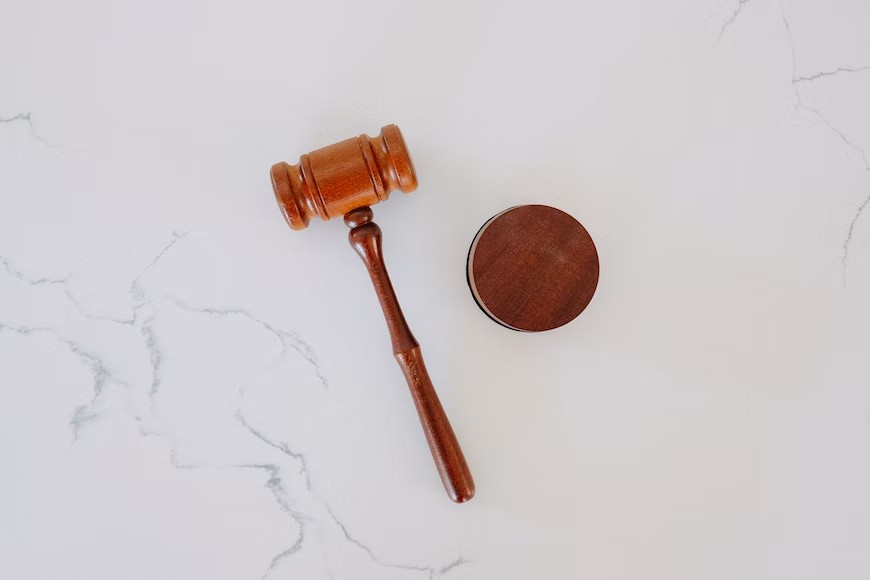The CDC reports that about 136 million Americans wind up at the ER every year. About 30% of them were getting looked at for injuries and accidents.
If you’ve recently gone to the hospital after an injury, you might be able to get some compensation for your bills (and more). Read on to learn how to win a personal injury case and get some cash back for your suffering.
Understand Fault
To win a PI case, you’re going to need to prove that your injury was someone else’s fault. This is aptly called ‘proving fault.’
Most at-fault parties caused your injury because of negligence. They didn’t take reasonable precautions to stop you (or anyone else) from getting hurt by their property or their things. They also might’ve done something reckless like botched surgery or driven a car while drunk.
Sometimes, someone will be at fault because they did something to cause your injury. This usually is true in cases of assault.
In most states, the person who’s at fault for your accident needs to shell out compensation to you. This money comes from their insurance company. Your lawyer will negotiate with the agent for that company to get you as much money as possible.
Know What Type of Case You Have
If you were hurt and it was someone else’s fault, you’re going to be opening up a personal injury (PI case). But it’s important to note that no personal injury lawyer is one size fits all. There are tons of smaller sections within the umbrella of personal injury (or ‘tort’) law.
Some case types include:
• Car accident injury
• Other vehicle accident injuries (truck, motorcycle, etc)
• Medical malpractice
• Birth injury
• Product liability
• Worker’s compensation
• Slip and fall accidents
It’s important that you do your research and know exactly what type of lawsuit you’re looking at. Tort lawyers usually specialize in one or two legal areas that fall under ‘personal injury law.’ They’re experts in these areas and are the best equipped to help you with them. A medical malpractice lawyer won’t know how to handle car accidents and vice versa.
Gather Evidence
When you’re involved in an accident, you’re going to want to gather evidence as fast as you can. If you’re not too injured to take pictures of the accident site, you should start snapping them immediately after getting hurt. Take photos of your injuries, the place where you fell, and what your surroundings looked like.
Then, call the cops.
Once everything’s settled with the police, you’re going to need to hire a lawyer. After you do, they’ll gather evidence like:
• The police report you filed
• The photos you took
• Your descriptions and drawings of the accident
• Eyewitness accounts
• Their own investigation of the accident site
• Your medical bills
• The time you took off work because of the injury
• Potential things the at-fault party could have done to stop you from getting hurt
They’ll look at all the evidence and decide how you can proceed. They’ll tell you what kinds of damages (aka money) you can get and how much that cash will probably add up to.
Do Your Research
Speaking of damages, you need to know what you might get paid for. A lawyer usually will aim to get you cash to cover:
• Your medical bills
• Wages that you lost because of worktime you missed
• Temporary (or even permanent) disability
• Money to cover you for a while if you lost your job
• Nonfinancial losses like pain and suffering
Ask them what they think they can get for you. This will make it easier for you to understand what to expect.
You also need to do your research in order to find a good lawyer. Look at only attorneys that practice in the exact specialization your case falls under. Your state’s bar website should have a good filtering system so you can browse professionals that would do well with your case.

Look at their education and experience levels. Don’t hire someone with less than 10 years of experience. You’re not going to get the best results.
Don’t Snub a Legal Consultation
A consultation isn’t the same as a contract. You’re not signing any legally binding documents with your lawyer. You’re just meeting with someone you’re thinking of hiring to feel them out.
There’s no commitment. The meeting comes with no other obligations. In most cases, it’s also free.
Lots of people worry about consultations being awkward, unnecessary, or in some way binding. But the consultation actually exists to help you. Without scheduling one, you’re probably not going to find the best lawyer to handle your case.
Consultations let you know if you get along with the attorney you’ll be working with. You can see how they communicate and what they’re willing to do.
You will also get a chance to ask the questions you need to be answered to make an informed choice.
Ask the Right Questions
When you’re at your consultation, remember to ask questions like:
Do you work on contingency? If yes, what are your rates?
• What was your education like?
• How many years have you been practicing law?
• Have you tackled cases like mine before?
• What’s your success rate with cases like mine?
• How do you communicate with clients?
• Who will personally handle my case?
• How long is my case going to take to settle?
• What kind of settlement do you think we can reach?
If your lawyer’s honest, open, and transparent, it’s probably a good fit. If they skate around your inquiries or decline to answer them, something’s wrong, and you shouldn’t ignore it. Any lawyer worth their salt will be happy to talk about their practice and their accomplishments.
Win a Personal Injury Case the Right Way
Now that you know how to win a personal injury case and get compensation, it’s time to get cracking. It’s important to stay healthy after a traumatic event, so take care of yourself mentally and physically.
The ‘health’ tab on our home page is a great place to start. Check it out so you can learn more about recovering after getting hurt.

